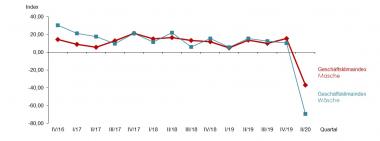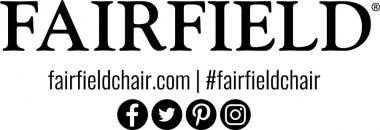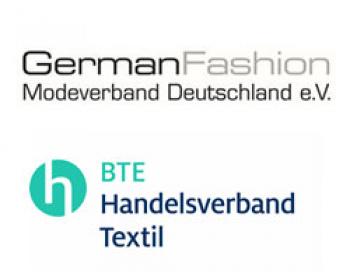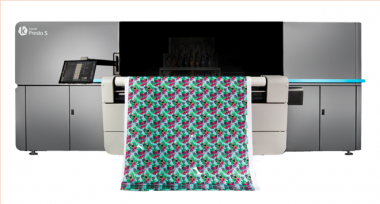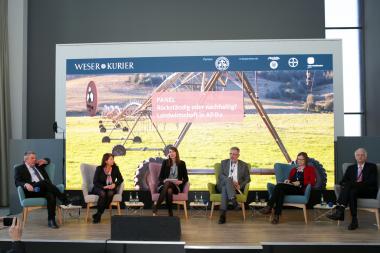TITK e.V.: Dr. Rolf-Egbert Grützner neuer Vorstandsvorsitzender
Das Thüringische Institut für Textil- und Kunststoff-Forschung Rudolstadt e.V. (TITK) hat einen neuen Vorstandsvorsitzenden: Bei seiner jüngsten Zusammenkunft wählte der gemeinnützige Trägerverein Dr. Rolf-Egbert Grützner in das Ehrenamt. Der BASF-Manager aus Rudolstadt war bereits viele Jahre Vorstandsmitglied und direkt nach Wiedergründung des Instituts 1991 selbst in leitender Funktion am TITK.
„Für mich ist es eine Ehre und eine große Freude, diese Aufgabe zu übernehmen, weil ich eine besondere Beziehung zu diesem Haus habe“, sagte Grützner nach seiner Wahl am 17. Juni in der Mitgliederversammlung. Er habe das Institut im Jahr 1991 quasi mit gegründet. Bis 1998 war er stellvertretender Leiter der Kunststoff-Forschung.
Seit 2005 ist Dr. Grützner Mitglied des TITK-Vorstandes, seit 2003 leitete er auch den wissenschaftlichen Beirat des Instituts. In seiner neuen Funktion als Vorstandsvorsitzender möchte er dazu beitragen, dass das TITK seine erfolgreiche Arbeit fortführen und sich weiter profilieren kann. Und dass die permanent notwendige Anpassung an veränderte Rahmenbedingungen auch künftig gut gelingt. „Besonders bemerkenswert ist für mich, welche Pionierarbeit das TITK bei der Unterstützung von Start-ups und eigenen Ausgründungen leistet, um Forschungsergebnisse direkt in wirtschaftlichen Nutzen umzusetzen“, betont Grützner. „Ich würde mich freuen, wenn sich hier während meiner Amtszeit weitere Möglichkeiten ergeben würden.“
„Mit Dr. Grützner führt nun ein langjähriger Gönner und Unterstützer unseres Instituts den Verein“, zeigte sich TITK-Direktor Benjamin Redlingshöfer höchst zufrieden über die Wahl. „Ich freue mich auf die Zusammenarbeit und die Fortführung dieser Erfolgsstory ‚Made in Schwarza‘“, so Redlingshöfer. Einen herzlichen Dank sprach er Alfred Weber aus. Der frühere Direktor der Kreissparkasse Saalfeld-Rudolstadt und langjährige Vize-Chef des TITK e.V. hatte den Vorsitz Ende Januar übergangsweise übernommen, nachdem der TITK-Gründervater und Vorsitzende Dr. Horst Bürger im Alter von 86 Jahren verstorben war. Alfred Weber bleibt auch künftig Mitglied des fünfköpfigen Vereinsvorstands. Als neue stellvertretende Vorsitzende des TITK e.V. wurden Andreas Krey (Erfurt) und Andreas Wüllner (München) gewählt. Zum neuen Leiter des wissenschaftlichen Beirats wurde Prof. Dr. Thomas Heinze (Jena) berufen.
TITK
TITK e.V.














